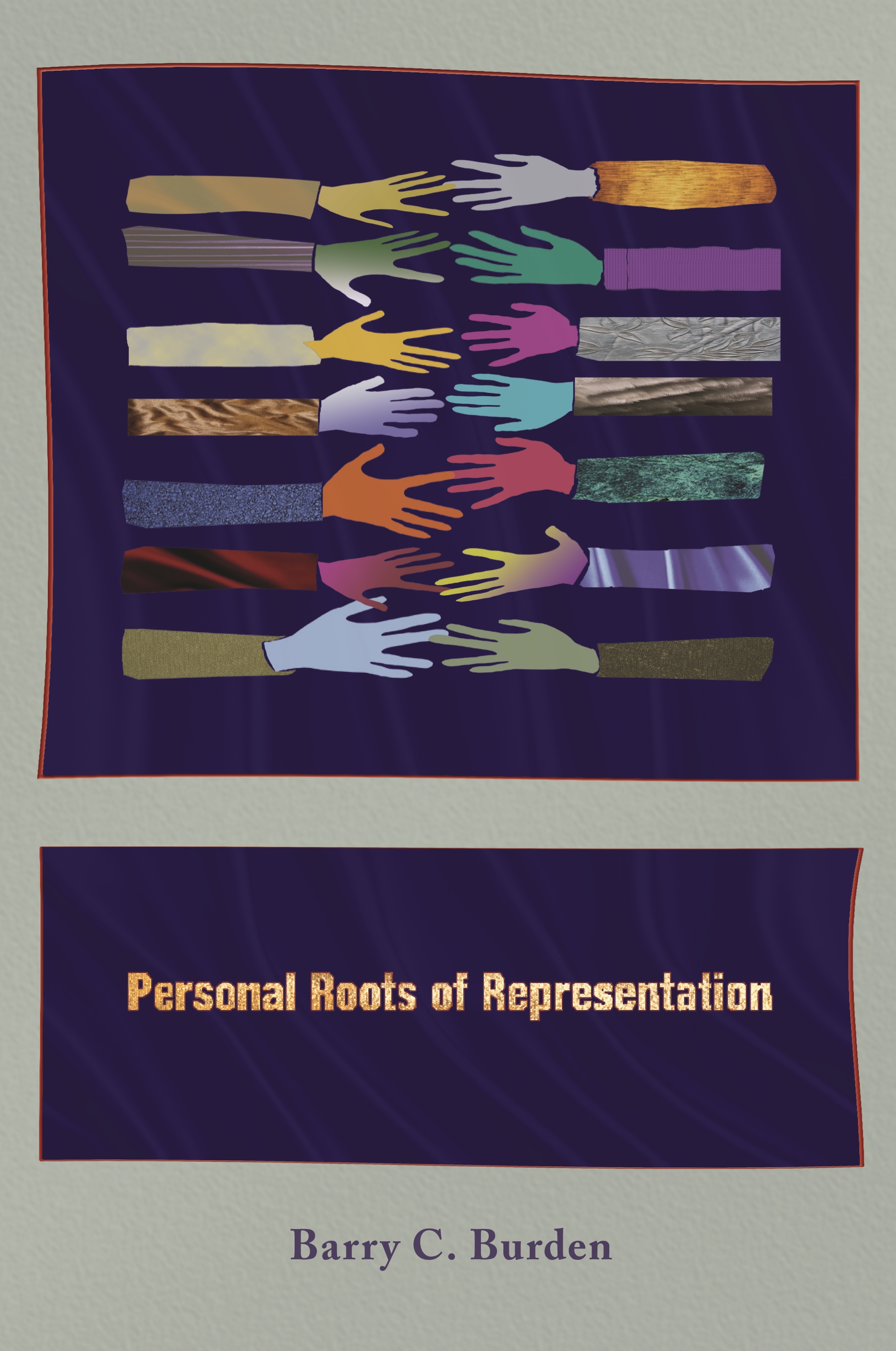 The game industry has faced significant challenges in recent years, resulting in widespread layoffs. This has had a direct impact on the Gayming Awards and Gayming Magazine, with founder Robin Gray acknowledging the “knock-on effect” of the industry’s struggles. Despite this, Gray emphasizes the importance of recognizing the size and power of the LGBTQ+ market within gaming.
The game industry has faced significant challenges in recent years, resulting in widespread layoffs. This has had a direct impact on the Gayming Awards and Gayming Magazine, with founder Robin Gray acknowledging the “knock-on effect” of the industry’s struggles. Despite this, Gray emphasizes the importance of recognizing the size and power of the LGBTQ+ market within gaming.
According to recent reports by the Entertainment Software Association (ESA) and GLAAD, 11% of gamers identify as LGBTQ+. Additionally, 27% of gay gamers believe that game developers consider them when designing games. LGBTQ+ gamers are also 1.4 times more likely to purchase games that feature strong LGBTQ+ content. These statistics highlight the significance of this market segment and the potential for increased revenue if game companies authentically engage with LGBTQ+ players.
Gray acknowledges that there is still work to be done in terms of representation in games. Only 1% of video games released in the past year included LGBTQ+ themes or characters, despite 11% of gamers identifying as LGBTQ+. Gray emphasizes the importance of increased representation and highlights positive examples, such as Blizzard’s collaboration with GLAAD for sensitivity reads and language checks in Overwatch.
When discussing international perspectives, Gray notes that it can be challenging to gather accurate data across different countries, but the LGBTQ+ community is present and engaged in gaming worldwide. However, in regions with political challenges or limited LGBTQ+ rights, there may be difficulties in openly identifying as part of this community. Gray also highlights the disappointment in holding esports events in countries that don’t allow LGBTQ+ participation.
The conversation then shifts to the topic of boycotts by gamers related to events or countries with conflicting values. Gray acknowledges that boycotts can be a powerful tool for activists, demonstrating the influence of LGBTQ+ consumers and their spending power. The interview cites examples of LGBTQ+ Twitch streamers and esports personalities declining to participate in events held in territories that discriminate against LGBTQ+ individuals.
Gray also discusses the responsibility of game companies in approaching these issues. He suggests that if companies choose to enter these territories for financial gain, they should use their influence to pressure governments for change and hold them accountable. He emphasizes the importance of supporting LGBTQ+ communities within these countries, as they often face greater challenges.
The interview concludes with a discussion on the upcoming U.S. election and its potential impact on LGBTQ+ rights. Gray highlights the clear contrast between candidates and urges companies to consider the values they support. He emphasizes that supporting LGBTQ+ rights is not just a matter of morality but also a sound business decision, as statistics show that companies that back down from LGBTQ+ advertising can lose more customers than they gain from anti-LGBTQ+ boycotts.
Overall, the interview highlights the importance of recognizing the LGBTQ+ market within gaming, increasing representation in games, and using financial influence to promote positive change and support marginalized communities. Gray advocates for an authentic and ethical approach to engage with LGBTQ+ players, emphasizing the potential benefits for both the gaming industry and LGBTQ+ individuals worldwide.

